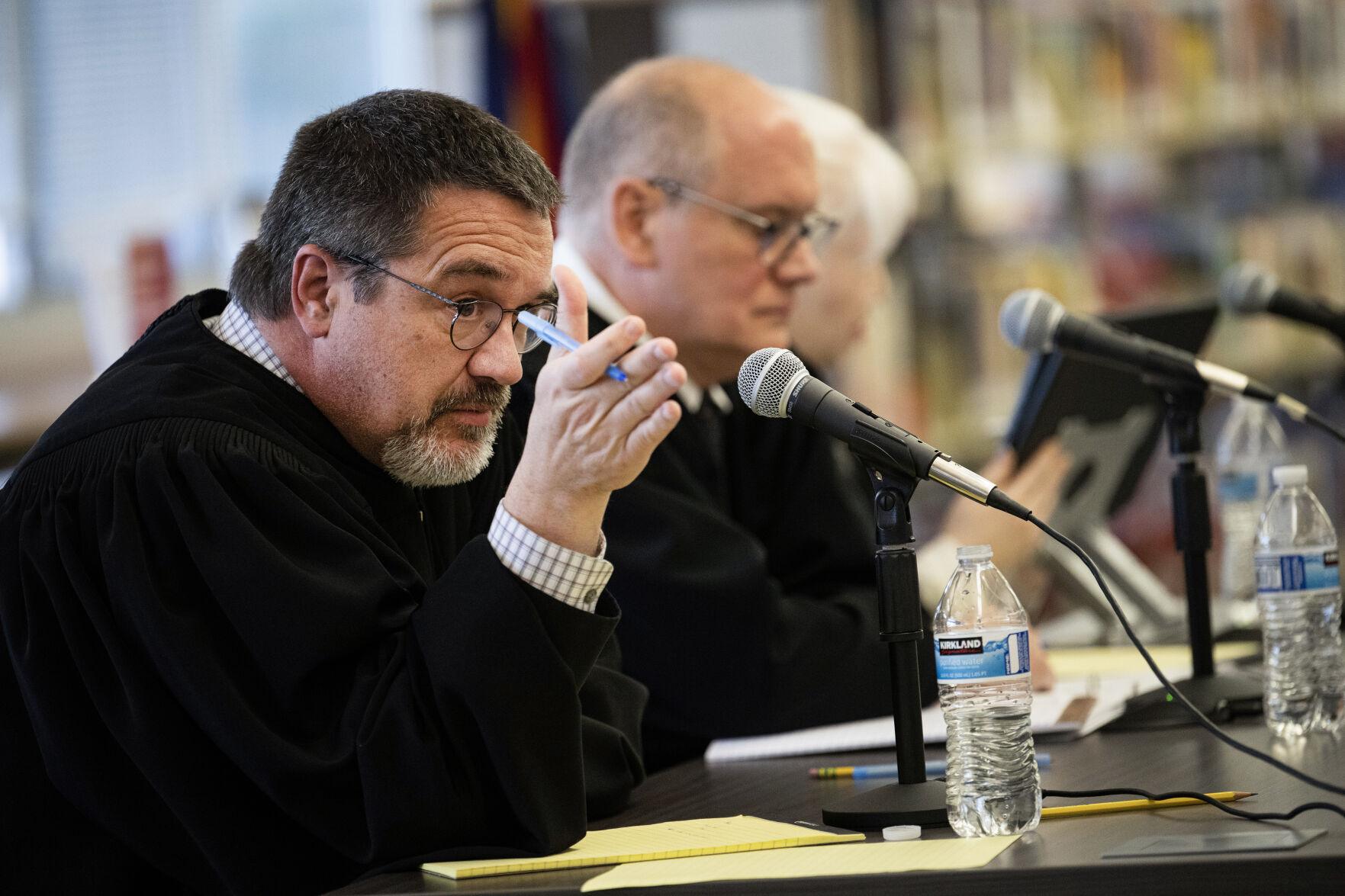Denver judge wrongly jailed man over child support payments, appeals court finds

A Denver judge jailed a man for 12 days over his failure to make child support payments, but she disregarded the procedural requirements and safeguards for holding someone in contempt, the state’s Court of Appeals determined.
District Court Judge Nikea T. Bland ordered Rory Fitzgerald Carpenter to jail in January 2022 after a hearing in which Carpenter acknowledged he had not made all the required payments stemming from his divorce case.
There are two types of consequences a judge can impose for contempt: remedial sanctions, which require someone to come into compliance by performing an action, and punitive sanctions, which punish behavior that is “offensive to the authority and dignity of the court.”
A three-judge panel for the Court of Appeals found Bland never explicitly described which type of sanction she was imposing on Carpenter. If it was remedial, there was no indication the incarceration would end if Carpenter corrected his behavior. If it was punitive, there were multiple errors in handing down the punishment.
“First, father was denied his right to counsel,” wrote Judge Ted C. Tow III in the panel’s July 13 opinion. “Second, the court did not find that the continued nonpayment was offensive to the authority and dignity of the court.”
Case: In re the Marriage of Carpenter
Decided: July 13, 2023
Jurisdiction: Denver
Ruling: 3-0
Judges: Ted C. Tow III (author)
David Furman
Sueanna P. Johnson
Previously, Bland held Carpenter in both punitive and remedial contempt in March 2021 for his nonpayment of child support and other obligations. She imposed six days in jail and also ordered him to pay monthly installments. Bland set a review for January 2022 to “monitor compliance” with Carpenter’s payments.
Shortly before the hearing, Bland found that, while Carpenter had not paid his entire debt to his ex-wife, he appeared to comply with the contempt order. But at the hearing itself, Carpenter acknowledged he had fallen behind on his payments again. Bland then jailed him for 12 days.
Carpenter, representing himself, argued to the Court of Appeals that Bland did not follow the proper contempt procedure.
“Appellants contention is that due process is still required,” he wrote, “and should be afforded to him especially since the sanctions, if found guilty, include the possibility of jail time.”
Carpenter’s ex-wife countered that the hearing was “merely a continuation” of the prior proceedings and no extra precautions were required.
The Court of Appeals disagreed. If Bland intended the sanction to be remedial – to bring Carpenter in line with his child support obligations – she never determined whether Carpenter had the ability to pay as of January 2022. Further, it was not clear the incarceration would end if Carpenter made payments after all.
On the other hand, if the sanction was meant to be punitive, Bland did not explain how Carpenter’s lack of payment at the time was offensive to the authority and dignity of the court. Similarly, Carpenter did not have an attorney, as the rules require, nor did Bland advise him of his right to have another judge conduct the hearing.
“A person charged with punitive contempt is entitled to certain procedural due process protections before the court can impose such sanctions,” wrote Tow. “The district court did not provide father with those protections here.”
The panel overturned the contempt order.
The case is In re the Marriage of Carpenter.














